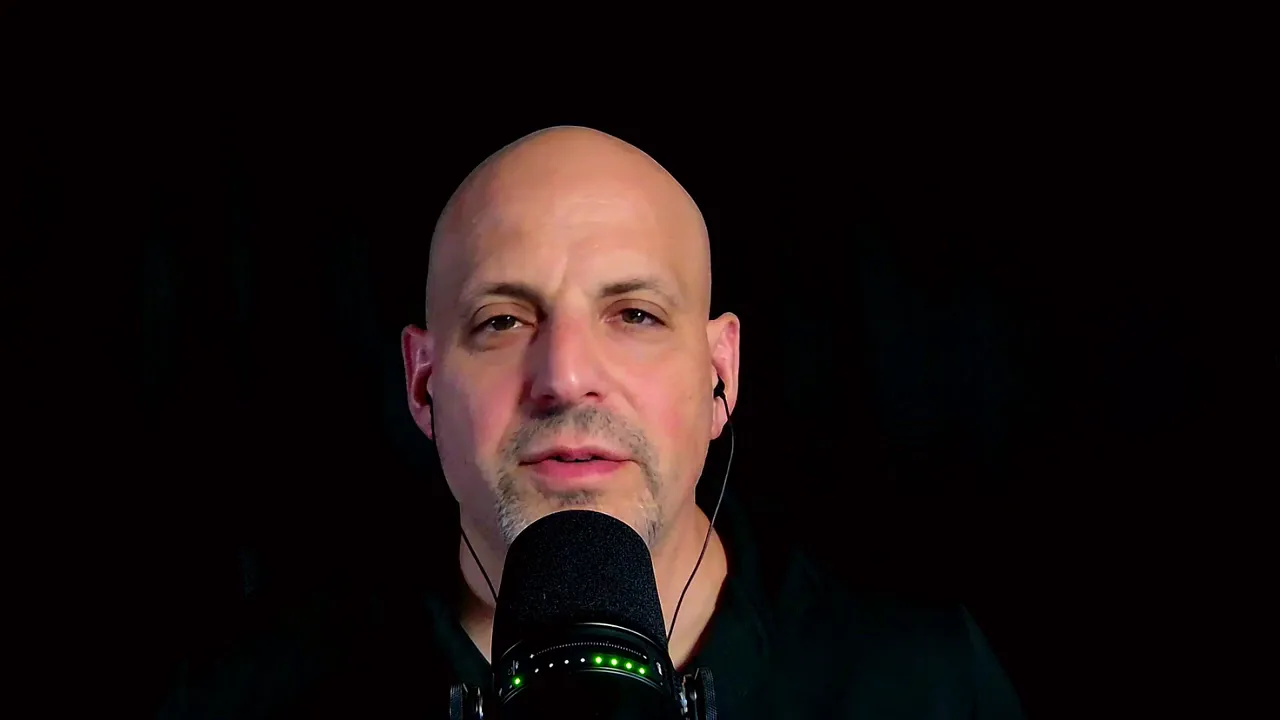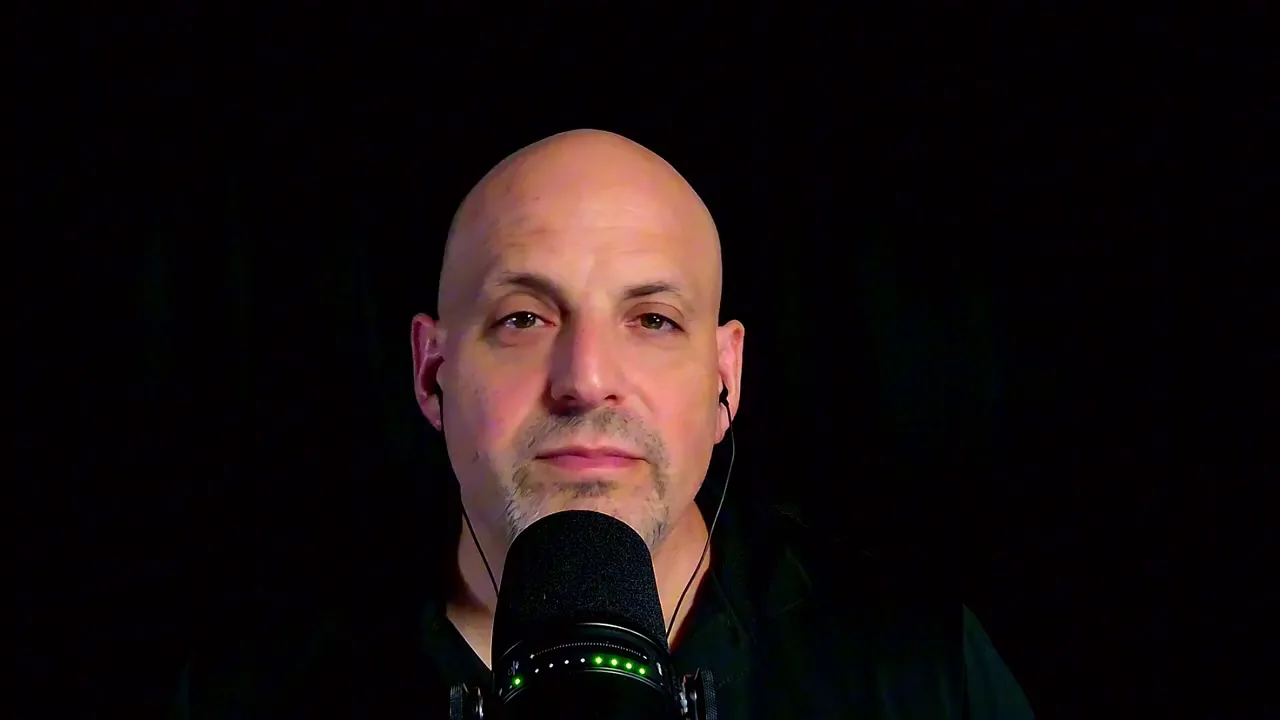Hi, I’m Beau Eckstein — Business Ownership Coach and host of the Investor Financing Podcast. In this post I’m going to walk you step-by-step through what to do when a lender says “no” to your SBA 7(a) business acquisition loan, how to repackage and present your deal, and why working with the right people makes all the difference. If you watched my video, you already know some of this — here I expand on those points and give you a practical roadmap. As your Business Ownership Coach | Investor Financing Podcast host, I’m sharing real-world tactics I use to salvage deals and get buyers across the finish line.

Why Banks Say “No” — And Why That Doesn’t Mean the End
First, let’s be honest: banks, credit unions, and PLP lenders in the SBA 7(a) program can be inconsistent. They each have their own appetites and underwriting quirks. A bank might decline because they’ve seen a few failures in a particular sector, or because the way the business was presented didn’t help the underwriter get comfortable. But a decline isn’t an automatic death sentence for a well-structured, cash-flowing acquisition. As your Business Ownership Coach | Investor Financing Podcast, I want you to understand what underwriters are actually looking for so you can turn a “no” into a “yes.”
The Three Big Approval Factors: Cash Flow, Equity, Transferable Experience
There are three core boxes lenders want checked:
- Strong, stable cash flow from the business;
- Sufficient equity injection from the buyer; and
- Transferable management experience or a credible plan for operating the business.
If those three are solid, you’re already in great shape. The closer you live to the business (ideally within a two-hour drive), the better — especially for first-time owners. Proximity shows the lender you can actively manage or step in when needed. But even when one of these factors looks thin, there are compensating strategies you can use. As your Business Ownership Coach | Investor Financing Podcast, I work with buyers to find those compensating strengths and present them in a way an underwriter can accept.

Photo by Justin Ziadeh on Unsplash
How to “Massage” Your Bio and Frame Transferable Experience
Lenders aren’t just checking off boxes; they want a story that makes operational sense. If you’re a house flipper buying a tile restoration business, don’t leave it to the underwriter to draw the connection. Tell the story yourself. Highlight project management skills, vendor relationships, customer acquisition experience, and any sales or service background that translates to the new role.
Practical tactics:
- Rewrite your bio to emphasize overlapping skills (operations, team management, vendor oversight, customer service).
- Provide specific examples where your past business required similar decision-making.
- Include a short operational plan that shows how you’ll handle day-to-day activities during transition.
- Secure a short-term management agreement or transitional support from the seller to reduce perceived risk.
Underwriters in Des Moines, Omaha, or wherever the loan is being reviewed want to see you can reasonably run the business. Those narrative and evidence-based adjustments often push a borderline file from denial to approval. Remember: presentation matters as much as the numbers.

Pick the Right Lender, BDO, and Loan Advisor
Sometimes the lender is simply a bad fit. Banks have individual Business Development Officers (BDOs) and those BDOs have varying levels of experience and influence. If your BDO doesn’t close much volume, your loan might not get the attention it needs to reach an underwriter in a favorable light.
What I recommend:
- Work with an SBA-savvy loan advisor who understands which lenders like which industries.
- If you’re under LOI, don’t bet everything on one bank. Shop the file to the right lanes.
- Ensure your loan package is professionally assembled: clean financials, a concise credit memo, and a compelling narrative of transferable skills.
Some brokers charge upfront; some (like many SBA advisors I work with) get paid on the back end through referral fees. If you’re under a time constraint to perform under contract, you can’t afford to go down a rabbit hole with the wrong bank. Bring your package to a reliable source who knows where to place it.

When a Deal Is Unsalvageable — And When It’s Not
Here’s the blunt truth: if it’s a “piece of poop deal,” it’s always going to be a piece of poop deal. No amount of packaging will fix a fundamentally non-viable business. But many declined deals are absolutely salvageable. I’ve salvaged several this year that were initially turned down by big, well-known lenders because of packaging issues or mismatched lending appetite.
How to tell the difference:
- Run realistic normalized financials. If cash flow disappears under conservative stress tests, walk away.
- Look for one or two fixable weak points (e.g., lack of documented transferable experience, minor working capital shortfall, or inadequate packaging) — these are fixable.
- If there are systemic problems (declining revenues for years, negative margins, or structural market issues), it’s likely not fixable.
When it’s salvageable, the right narrative and the right lender are your tools. When it isn’t, cut losses early and find a better opportunity.
Photo by Vitaly Gariev on Unsplash
How I Can Help — Practical Next Steps
If you’re under LOI or contract and need an SBA advocate, here are immediate steps to take:
- Don’t panic — a single “no” is often just a sign of a misaligned lender.
- Gather clean, normalized historical financials and an equity injection plan.
- Rewrite your bio to emphasize transferable skills and include a short operational transition plan.
- Bring your complete package to a reputable SBA loan advisor or BDO who closes volume.
- Request a formal credit memo or lender feedback that you can address directly.
You can schedule a discovery call with me at bookwithbeau.com. I help buyers buy their first business, find franchise opportunities, and package loans so underwriters see the right story. As your Business Ownership Coach | Investor Financing Podcast resource, I represent hundreds of franchise and resale models and can often point you to the right lending lane quickly.

Conclusion — Don’t Give Up; Tell the Right Story
In short: a bank saying “no” is not the end of your acquisition dream. Most deals that should be done can be done — you just need the right packaging, the right lender, and the right narrative. Reframe your experience, document your equity and cashflow, and find a BDO who’ll champion your file. If you want help navigating this process, I’m available as a Business Ownership Coach | Investor Financing Podcast host to guide you through each step.
Remember my blunt rule: if the deal is solid, we’ll find a way. If it’s not, don’t force it. Put your energy into deals that pass the reasonable tests and tell a compelling operational story to the underwriter.
Photo by Vitaly Gariev on Unsplash
Thank you for reading. If you want help packaging your SBA 7(a) acquisition or want to be introduced to lenders who understand your sector, visit bookwithbeau.com and schedule your SBA discovery call. As your Business Ownership Coach | Investor Financing Podcast, I look forward to helping you buy and grow your next business.


